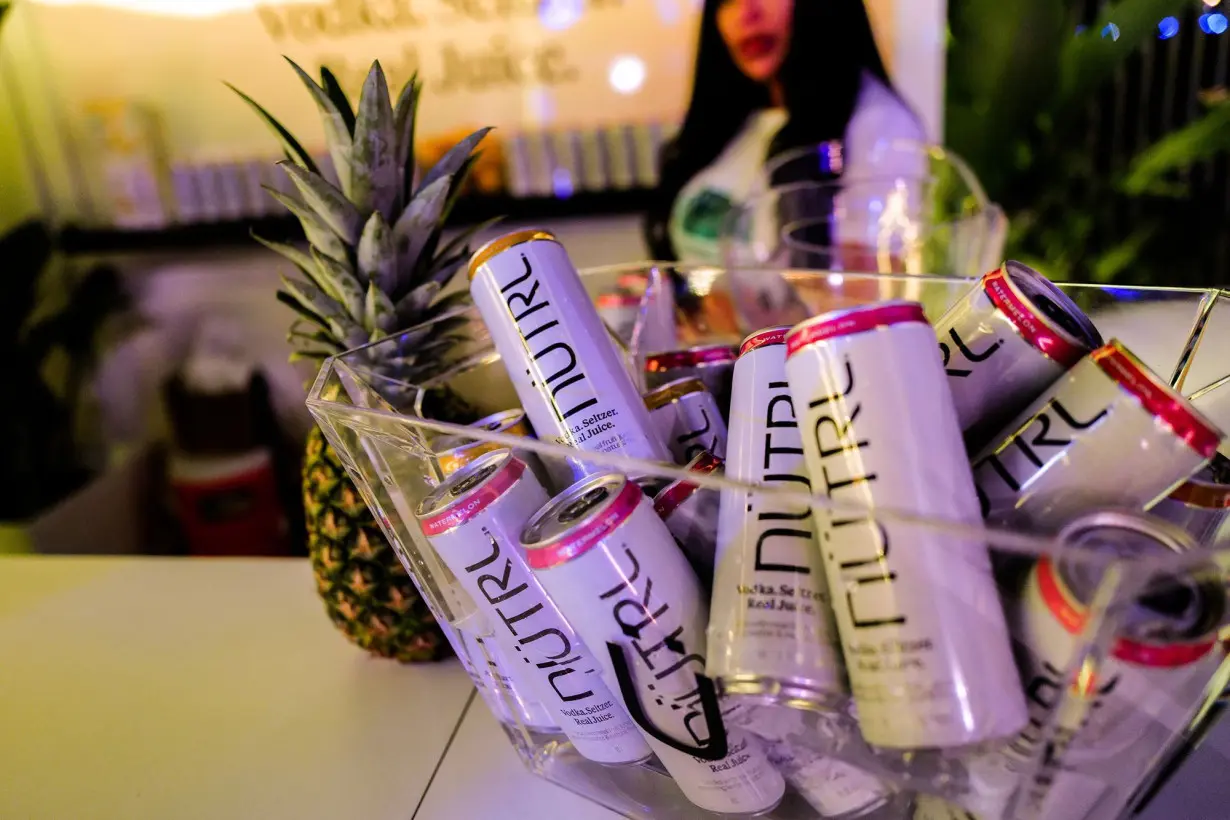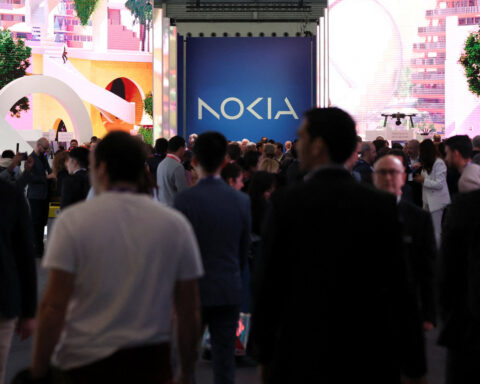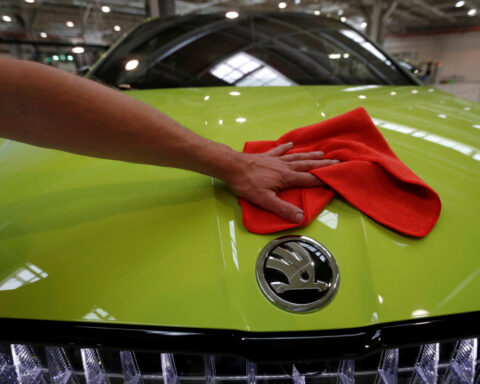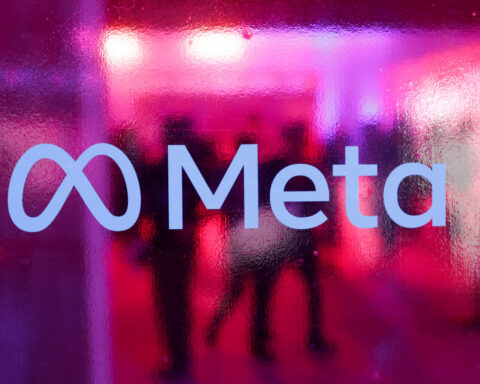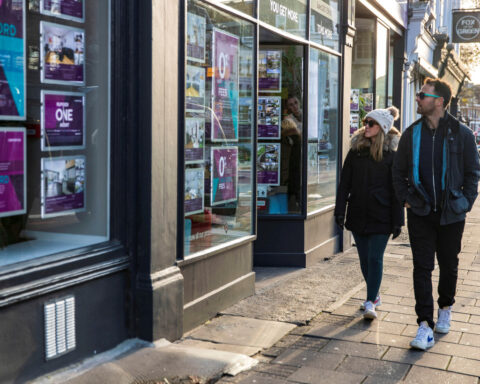New York (CNN) — Beer and hot dogs are as patriotic as it gets. But cracking open the cooler at your July 4th barbecue, you could be seeing fewer brews, with alternatives like spiked seltzers, canned cocktail and hard teas stealing their real estate.
And you can blame the youngs for that: The youngest cohort of legal-aged drinkers from Gen Z, which encompass the ages from 21 to 26, are “drinking completely different than any other generation we’ve seen before,” according to NIQ’s Kaleigh Theriault.
“They’re relatively new to their drinking and when they are choosing alcohol they are leaning toward those flavor-forward categories,” Theriault, an associate director of beverage alcohol thought leadership at the consumer intelligence company, told CNN.
Beverages created by smaller companies are controlling the landscape. E. & J. Gallo Winery’s High Noon dominates the spirit-based cocktail category; White Claw from Mark Anthony Brands remains the top-selling spiked seltzer; and newer entrants, including punchier drinks that mix liquor with an iced tea or lemonade such as Surfside, a two-year-old brand, are rapidly gaining ground.
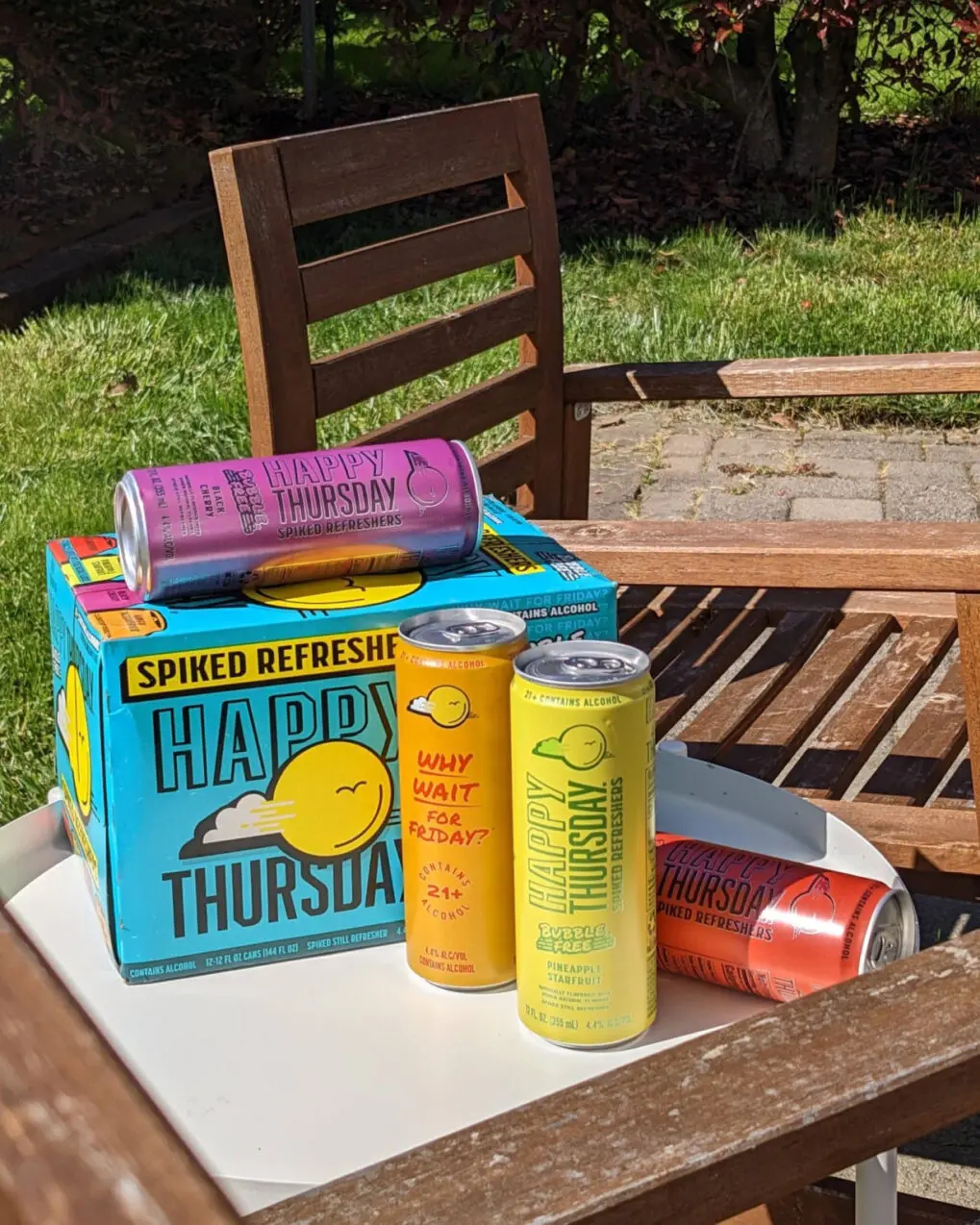
That’s a problem for Big Beer, which is dealing with flat sales, declining volume and a fickle generation of younger drinkers who are completely ditching the bottle or preferring anything but a regular beer.
In response, Miller Lite-maker Molson Coors Beverage Company, Modelo-brewer Constellation Brands and heavyweight Anheuser-Busch InBev are among the larger brewers expanding beyond beer and diversifying their portfolio with flavorful concoctions.
Fruit, in particular, has been a focus area because “it’s something that the consumer seems to be drawn to right now and they want to drink something really good,” Theriault said. “Those flavors offer that.”
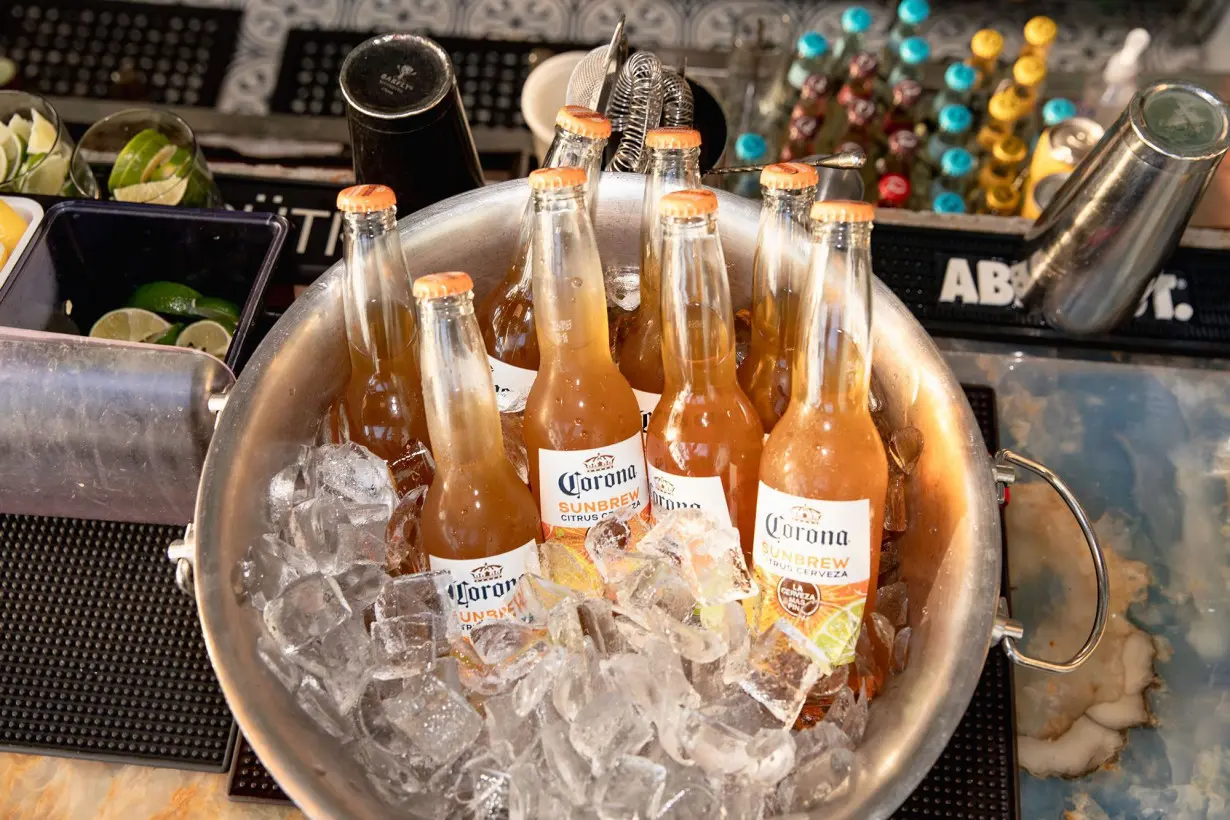
Inspiration from TikTok
Constellation turned to TikTok for inspiration for its newest beer, which is lightly based on the “Corona Sunrise” cocktail — a mixture of tequila, a Corona, orange juice, grenadine, plus a splash of lime juice. It has taken off on the video-sharing app, with the most-watched tutorial racking up nearly 14 million views.
Since it’s unlawful to sell a beer mixed with a spirit, Corona spun up its own version to hopefully appeal to younger drinkers: the “Sunbrew Citrus Cerveza,” which is brewed with orange and lime peels and blended with the same juices and mixed with a Corona Extra to mirror the sweet flavor of the cocktail counterpart.
“This new brew was created with the flavor-seeking Gen Z audience in mind, a group of drinkers known for their experimentation and mixing,” noted Saúl Trejo, director of brand marketing at Corona, in a press release. For now, the drink is only available in the northeastern US before possibly expanding nationwide depending on sales.
Sunbrew fits into Constellation’s portfolio with a few other Gen Z-angled beverages like Fresca Mixed and its malt-based beverages, Corona Refresca and Modelo Spiked Aguas Frescas, both of which also have fruity flavors and are selling well for the company.
TikTok has also influenced Molson Coors for one of its newest boozy beverages called “Happy Thursday.” The shtick? It’s a non-carbonated drink because “bloating that may come from carbonation is considered a top barrier” for younger drinkers and the trend of “decarbonizing” drinks is blowing up on the app.
The “smooth, bubble-free” drink comes in four fruit flavors, including strawberry and black cherry, and also meets another need for Gen Z since it’s low in alcohol content at 4.4% by volume. It also has bright packaging designed to “pop on social media,” the brewer notes.
Launched less than three months ago, sales and distribution are both growing and feedback has been “extremely positive” for Happy Thursday, the company said on its blog. The company could shed more light on its sales during its next earnings report in August.
Happy Thursday fits into the company’s strategy that began in 2019 when Molson Coors tweaked its name to encompass its growing portfolio of beverages besides beer. That now includes hard iced tea, energy drinks and its Simply Spiked lineup. Last year, it acquired Blue Run Spirits, a cult favorite high-end bourbon and rye whiskey brand, in light of US spirit sales surpassing beer sales.
“Suppliers, in order to stay relevant, have to evolve and follow where the consumer is trending — and right now the consumer wants flavor,” NIQ’s Theriault said about their pivots. “Innovation is really important in the alcohol industry and ensuring that innovation is tied to the consumer trends is what’s right for business.”
Building ‘beyond beer’
Canned cocktails and spirits-based beverages have also helped Anheuser-Busch’s bottom line in the US, especially in light of the collapsing sales of Bud Light. Its aptly titled “Beyond Beer” category is currently a $1.5 billion part of its global business and is helping attract younger, legally aged drinkers.
NÜTRL, a flavorful lineup of vodka seltzers, and Cutwater Spirits canned cocktails are two standouts. An Anheuser-Busch spokesperson told CNN that Cutwater, which has a collection of canned rum mai tais, vodka mules and tequila palomas, has “steadily grown dollar sales double digits for five consecutive years” and jumped an additional 23% in sales this year.
Still, it’s not all rosy for Anheuser-Busch, especially if a drink has the Bud Light name attached. Bud Light Seltzer sales are down 50%, according to trade publication Brewbound, outpacing a larger decline in malt-based seltzers as drinkers shift toward spirit-based drinks. The company launched a new advertising campaign in 2023 just a few weeks before the Dylan Mulvaney controversy derailed its parent brand’s sales.
Despite younger drinkers’ hesitance with buying beer and flat sales, Big Beer companies aren’t facing an existential threat. In fact, it’s the exact opposite, according to one expert.
“Young drinkers can now find just about any kind of drink in just about any kind of flavor practically whenever they want, and they get to choose from the most diverse collection of beverages that has ever existed — with and without alcohol,” Bryan Roth, an analyst for Feel Goods Company and editor of the alcohol beverage newsletter, Sightlines+, told CNN.
“These long-tenured and often historic companies are adapting to the market. What makes it particularly exciting is that consumers are more often leading the way,” he added.
The-CNN-Wire
™ & © 2024 Cable News Network, Inc., a Warner Bros. Discovery Company. All rights reserved.

 Germany sees meat exports to EU continuing after foot-and-mouth case
Germany sees meat exports to EU continuing after foot-and-mouth case
 Parliament speaker to lead Taiwan delegation to Trump's inauguration
Parliament speaker to lead Taiwan delegation to Trump's inauguration
 German economy contracted 0.2% in 2024
German economy contracted 0.2% in 2024
 Middle East latest: Palestinian prime minister says Palestinian Authority should run Gaza in future
Middle East latest: Palestinian prime minister says Palestinian Authority should run Gaza in future
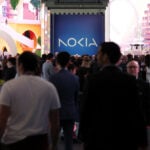 Nokia signs multi-year patent license agreement with Samsung
Nokia signs multi-year patent license agreement with Samsung
 Irish parties secure 'comfortable majority' for new government
Irish parties secure 'comfortable majority' for new government
 Bayern Munich signs US youngster Bajung Darboe from LAFC
Bayern Munich signs US youngster Bajung Darboe from LAFC
 Novak Djokovic breaks a tie with Roger Federer for the most Grand Slam matches in tennis history
Novak Djokovic breaks a tie with Roger Federer for the most Grand Slam matches in tennis history
 China's RedNote: what you need to know about the app TikTok users are flocking to
China's RedNote: what you need to know about the app TikTok users are flocking to
